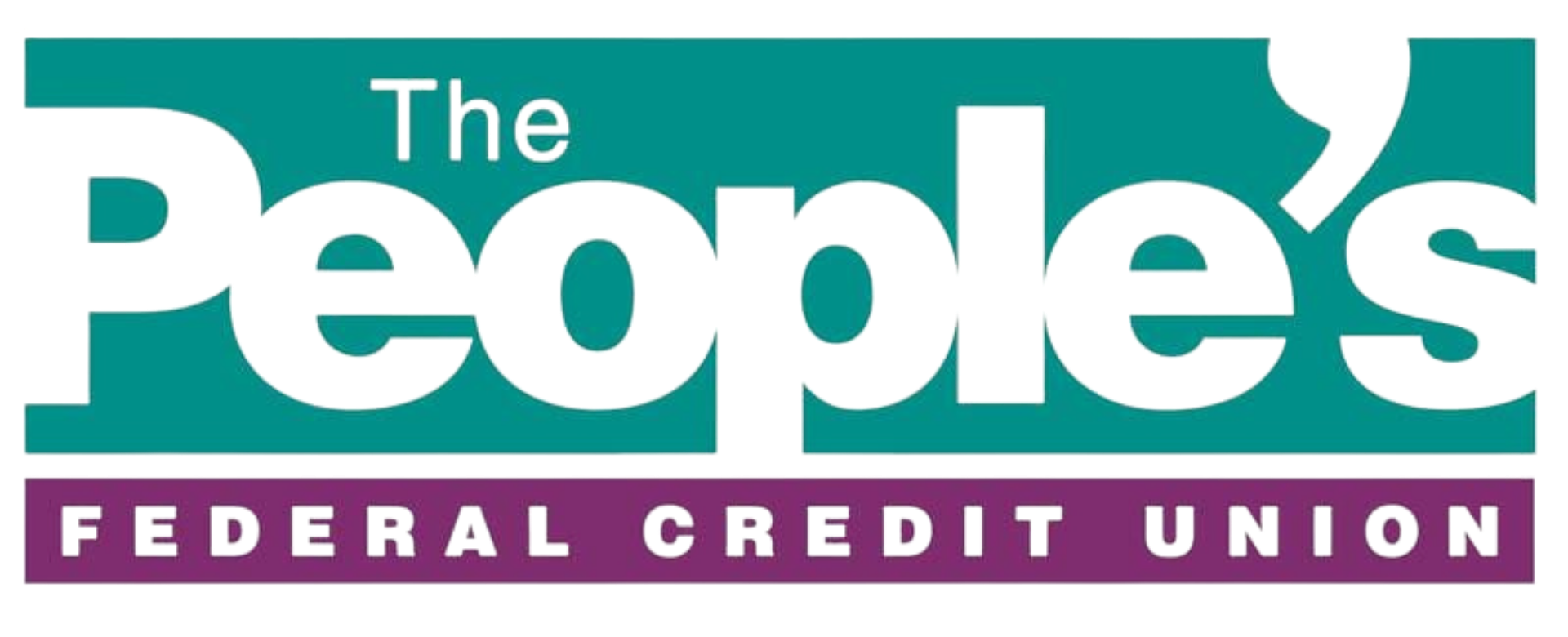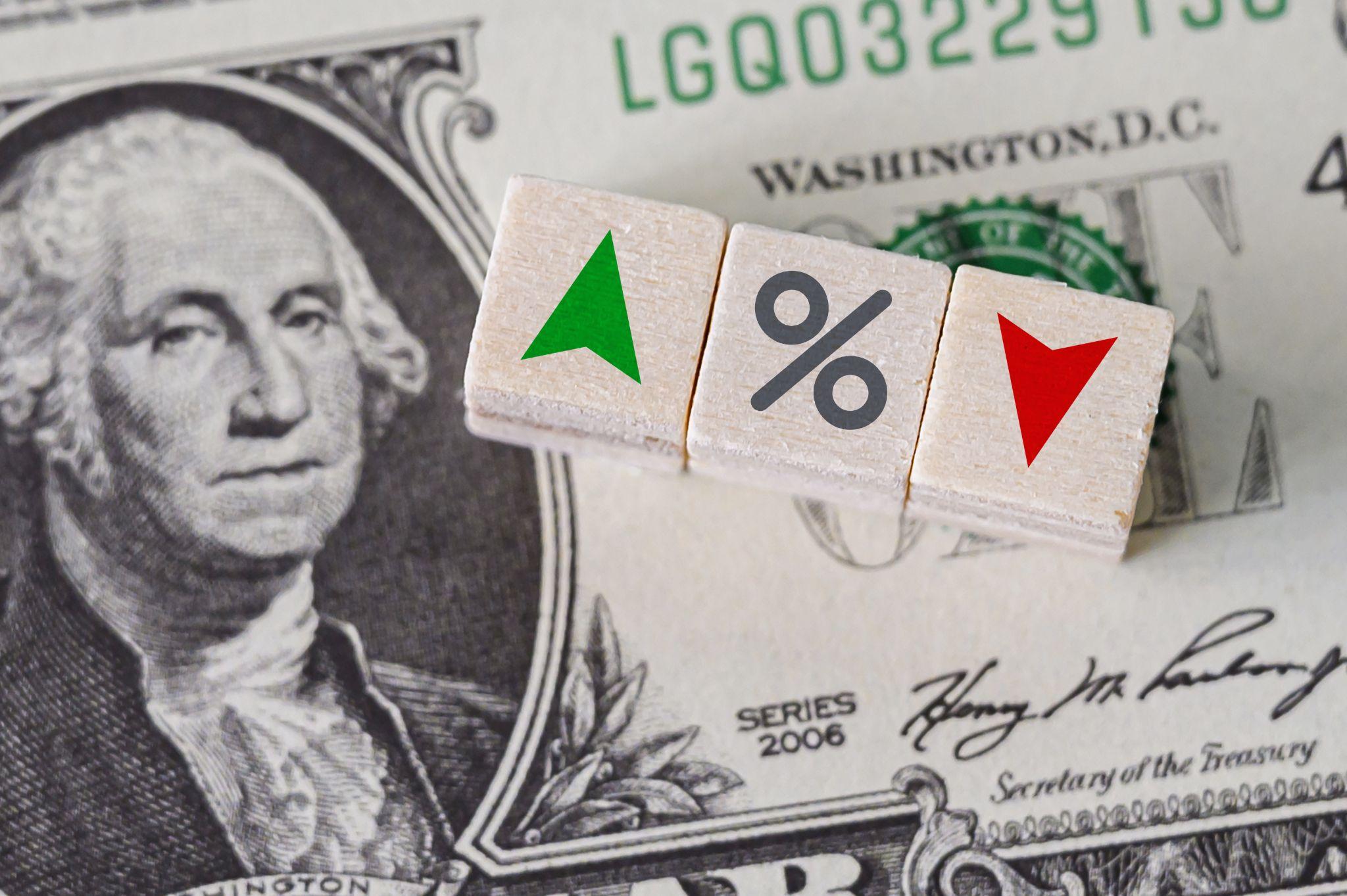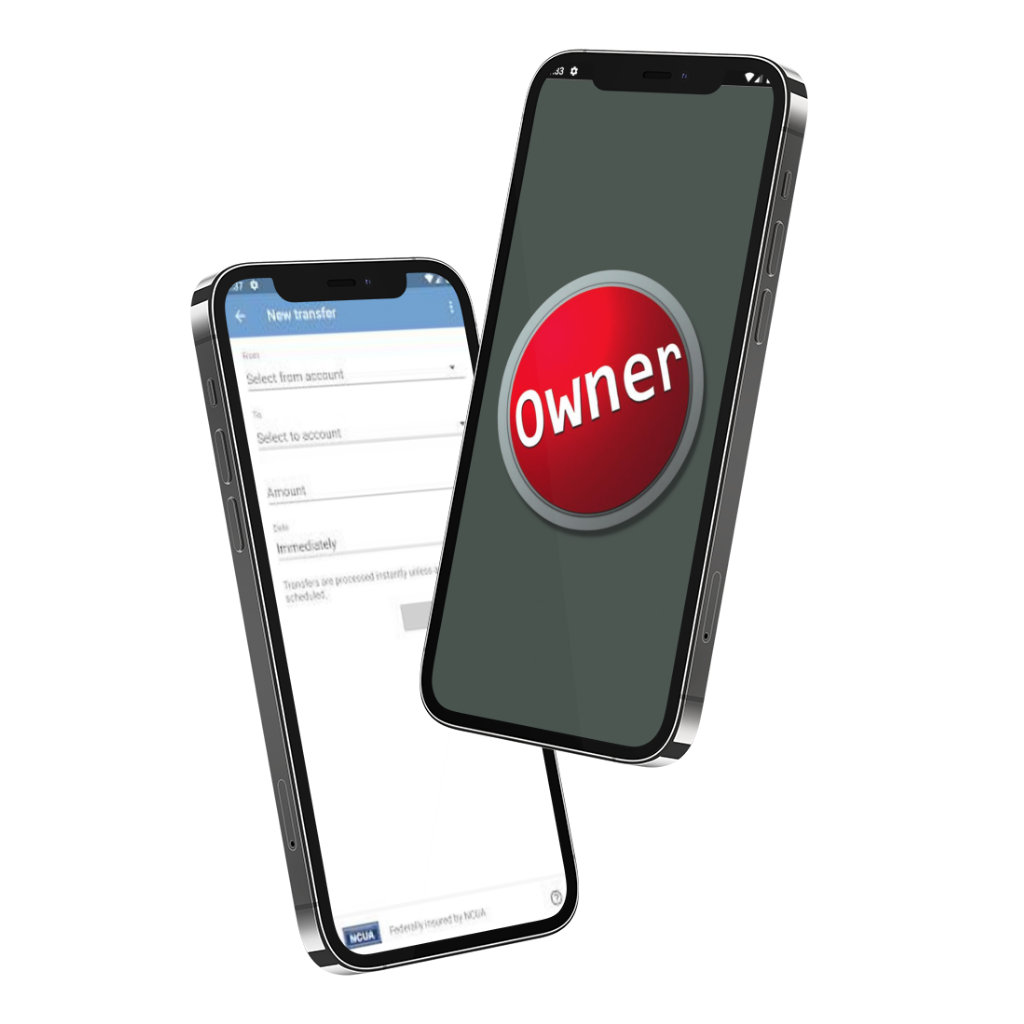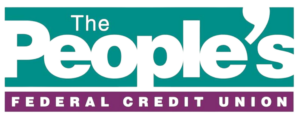Spending money will always stand as one of the most common temptations. Shopping for clothes, eating out frequently, and buying event tickets are instances where people find themselves spending more money than they may need to. Knowing how to avoid the temptation of spending money will help you yield the best financial results for yourself moving forward.
While mitigating spending temptations may sound dull or uninteresting in the moment, the money you save now will create more opportunities for fun and financial peace of mind in your near and long-term future.
Let’s jump right into some strategies you can use to resist spending money that’s burning a hole in your pocket.
Ask Yourself the Right Questions
It’s helpful to have an inner dialogue with yourself when faced with spending temptations. You can move this self-talk in a positive direction by thinking with your wise mind.
When faced with an urge to spend money, you can think “Do I need this?” We understand there are things in life we don’t need that are still pleasurable to buy. Asking yourself if you need to spend money on something specific helps you weigh how necessary the potential purchase is. Following through on an impulse purchase that you don’t need can lead to buyer’s remorse or feelings of shame. These negative feelings are completely avoidable.
Similar to thinking if you need something, you can ask yourself “Will the thing I’m considering buying make my life better?” Many purchases can make us feel good in the moment or for a short amount of time. Looking into the future can help you visualize whether or not the item or service you’re thinking about buying is worth the cash.
If you’re having trouble deciding how necessary or valuable a potential purchase is, you can ask yourself “What else can the money be used for?” If ideas like bills, food, or gas for your car come to mind, it’s best to prioritize those areas.
Pause and Use the 24-Hour Rule
One of the simplest tips for how to avoid spending money is to take a brief pause before you commit to buying something. Once you pause, you put space between you and your impulse so you can observe your urges from an objective point of view. Entering this objective state of mind can help you practice some logical thinking and make a wise decision. Pausing in the moment is excellent, but pausing for 24 hours is even better. A 24-hour window gives you enough time to pose the right questions and pivot away from emotion-based choices.
Make a List When Shopping

A lack of organization and direction can facilitate unnecessary purchases. You’ve probably heard the advice that you shouldn’t go grocery shopping while hungry and without a list. If you visit a grocery store after eating and with a list in hand, you can circumnavigate hunger cues that might have you buying more junk food than you usually would or purchasing larger amounts of food than you truly need.
This same line of logic can be used during any other shopping endeavor. Sticking to a list and checking off your list’s items will leave you with a sense of accomplishment and more money in your accounts.
Consider making a meal plan during your next trip to the grocery store so you’re prepared to meet your needs daily. It’s much easier to spend money eating out if you don’t have ingredients and supplies at home to relieve your hunger.
Declutter
Decluttering can help you realize how much you already own, which can reduce the temptation to buy new things. As you clear out your space, you’ll become more mindful of what you actually use and need. This process can help curb impulsive spending by shifting your focus to making better use of what you already have, rather than constantly adding more to your home.
Decluttering could also lead to extra income. While sorting through your belongings, you may find items that no longer serve a purpose for you but are still valuable to others. Selling these items through online platforms, garage sales, or secondhand stores can provide you with extra cash. This money can be saved, used to pay off debt, or spent more thoughtfully to support your financial goals.
Identify Spending Triggers
Recognizing what prompts you to spend more can help prevent impulsive purchases. Examples of things that may be money temptations include:
- Following brands on social media
- Receiving promotional emails
- Browsing online shopping apps or websites out of boredom
- Seeing advertisements or influencers promoting products
- Going shopping with friends who encourage spending
- Keeping credit card information saved on retail sites for easy checkout
Suppose you know that you can’t visit a vinyl record store without buying a new album. In that case, you’ll achieve more financial stability by matching your record store visits with predetermined spending limits.
It’s also always a good reminder in general: Advertisements are designed to get you to purchase a product or service. Having an awareness that a particular advertisement is designed to motivate spending can help you move into your wise mind and step away from compulsive buying.
By identifying triggers, you can take steps to reduce shopping temptations and avoid buying things you really don’t need. Simple adjustments like these can significantly impact your spending habits without much effort.
Track Your Spending
Tracking your spending helps you keep tabs on your financial progress. Having a fuller sense of your economic progress can help you organize your spending habits and avoid unnecessary stress down the road. You’ll be less likely to spend impulsively when you value the idea of maintaining and growing your current financial status.
When you closely monitor your finances, you become more aware of spending practices doing you more harm than good. You never want to find yourself in an instance where you’re spending more than you’re making, as this can eventually lead to debt.
Keeping track of spending doesn’t mean you have to sit down and balance a paper checkbook, of course. If you’re not sure how to control spending habits on your own, many apps and web tools exist that can help you easily track your finances accurately.
Stick to Cash, If You Can

The tangibility of cash helps you remain more aware of the money you’re spending and operate within responsible limits. Primarily using a debit card can foster instances of overspending, as you’re less connected to numbers displayed on a cash register or digital receipt. That said, budgeting and financial management apps could also help keep you aware of digital spending. If using primarily cash isn’t feasible, consider using a purchase-tracking tool with spending alerts and other notification features to ensure it isn’t just “out of sight, out of mind.”
While using a credit card intermittently is necessary for establishing and maintaining a solid credit score, you can easily fall victim to spending temptations when you have a credit card to fall back on.
Some justifications for using a credit card to spend unnecessarily can include a person adopting a “tomorrow’s problem” mentality. You may think “I’ll make monthly card payments even though I don’t have the money now” or “I’ll have the amount to pay this off by the time my statement arrives.”
Having the ability to pay off your balance at some point in the future doesn’t necessarily mean you should follow through with a purchase today.
Make Room for Healthy Spending
Don’t worry—our list of suggestions isn’t solely based on restraint. You should absolutely reward yourself with healthy spending, as this practice will make certain buying temptations less appealing. You may not want to go on that upcoming shopping spree if you’ve recently rewarded yourself with a new pair of shoes that you can afford from proper financial management.
A person can foster responsible spending by budgeting a certain amount of weekly or monthly money to spend on going out, retail items, and other things that tempt us to hand over our money.
Reward Yourself for Meeting Budgeting Goals
Set a budget, then reward yourself when you hit those benchmarks—without spending more money! For example, you might treat yourself to a favorite free activity like a hike, a DIY spa day, or a movie night at home when you stick to your budget for the month. This approach not only keeps you motivated but also helps reinforce positive spending habits without adding extra costs. Finding creative, cost-free rewards makes it easier to stay on track with your financial goals.
Practice Retail Therapy Cautiously
Retail therapy can go south when you develop a habit of overspending and frequently buying things you don’t need.
You can achieve feelings of gratification during and after retail therapy by:
- Setting spending limits
- Shopping for items that you need
- Window shopping
- Pausing and waiting to see if you really want something
Sale and markdown traps can lead to a person justifying compulsive buying and overspending, especially with the temptations of online shopping. Stick to the list above, and you should be able to treat yourself in the right manner.
Replace Your Shopping Habit
If retail therapy is still too tempting for you even with restrictions, it may be better to replace it altogether with a new hobby or creative outlet. Activities such as crafting, upcycling, or repurposing items you already own can give you something new to enjoy without spending extra money. Engaging in these activities, or finding joy in sports, games, socializing, etc., can serve as healthier, budget-friendly alternatives.
If your spending is having serious negative effects on your life, it may be more than just a habit. If you think it’s possible you may have an addiction to shopping, you should seek professional or group support.
Avoid Picking Up the Tab Too Frequently

Picking up a restaurant tab, giving someone a gift, or treating someone to an event on occasion is a thoughtful thing to do, but your finances can take a negative turn if you make this kind of generosity a regular habit. People can treat others too frequently due to the satisfaction one feels from taking the lead financially and putting on a good time.
With all of this advice, one question remains: What should you do with the money you’re saving?
Capitalize on Your Savings with TPFCU
Financial literacy helps you save money and make the most of the money you’re saving. You can achieve financial literacy with the help of The People’s Federal Credit Union’s Financial Wellness Center.
Our Financial Wellness Center streamlines your understanding of key financial concepts like saving, investing, mortgages, and much more. This convenient resource is a free program that’s available from the comfort of your home to all TPFCU members. If you aren’t currently a member, consider opening a savings account with TPFCU and gain access to our online Financial Wellness Center to improve your financial literacy.








